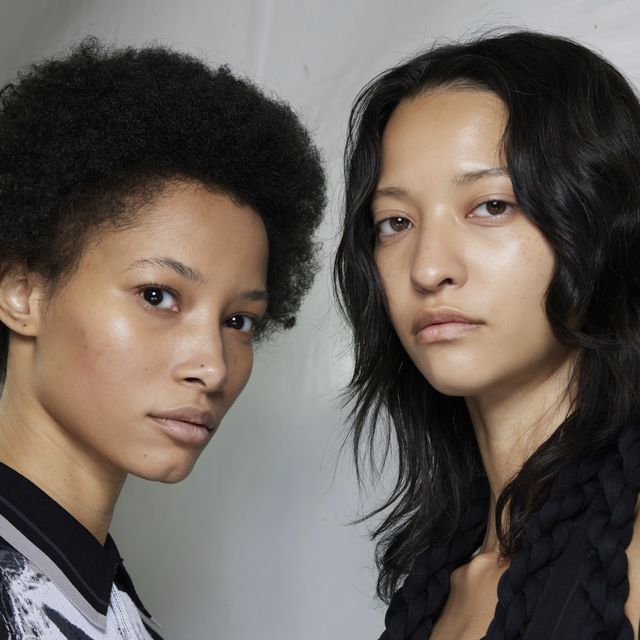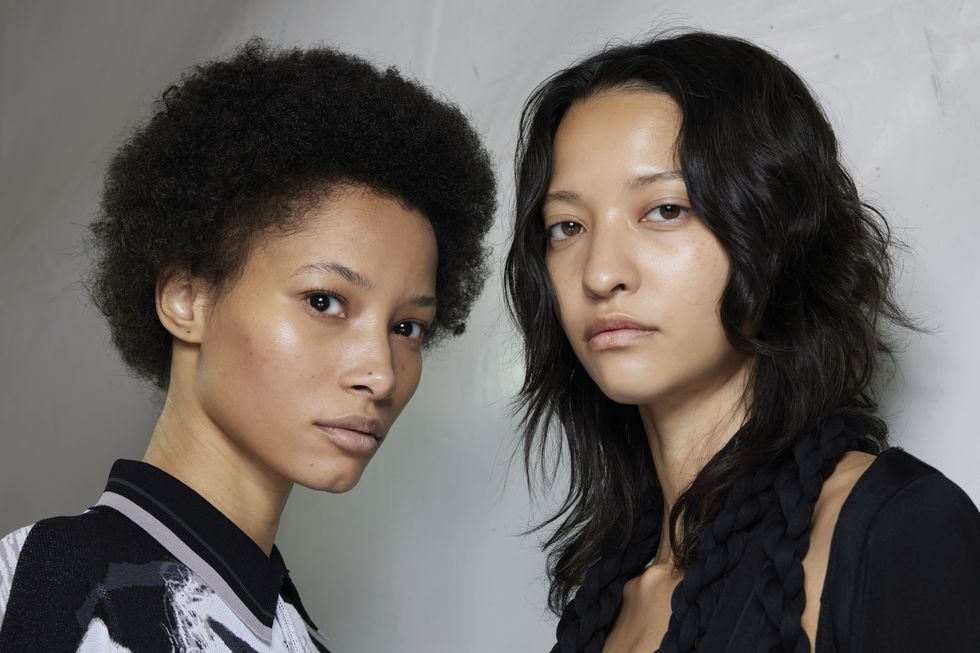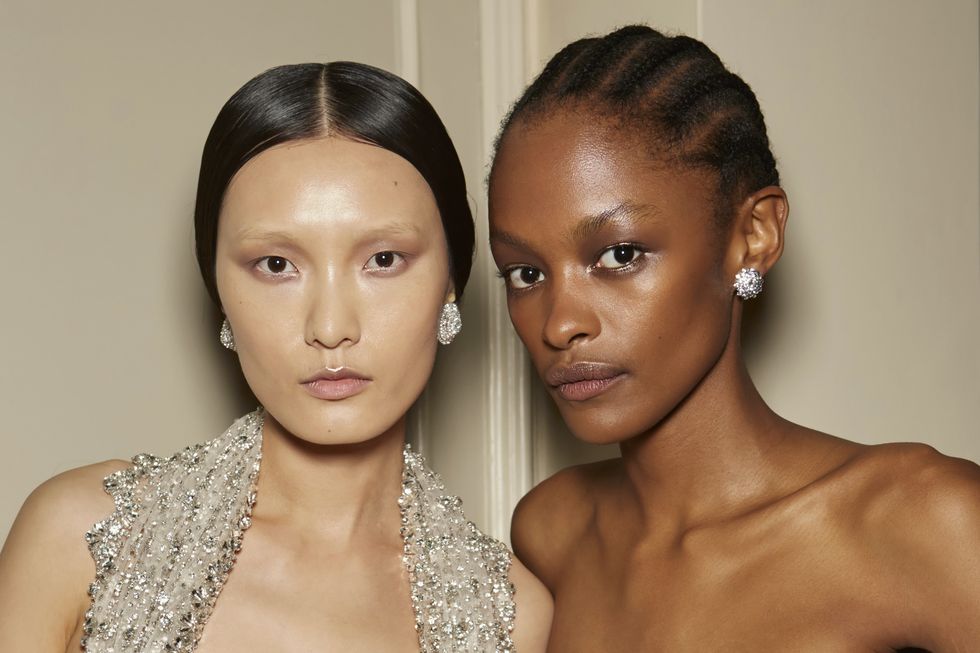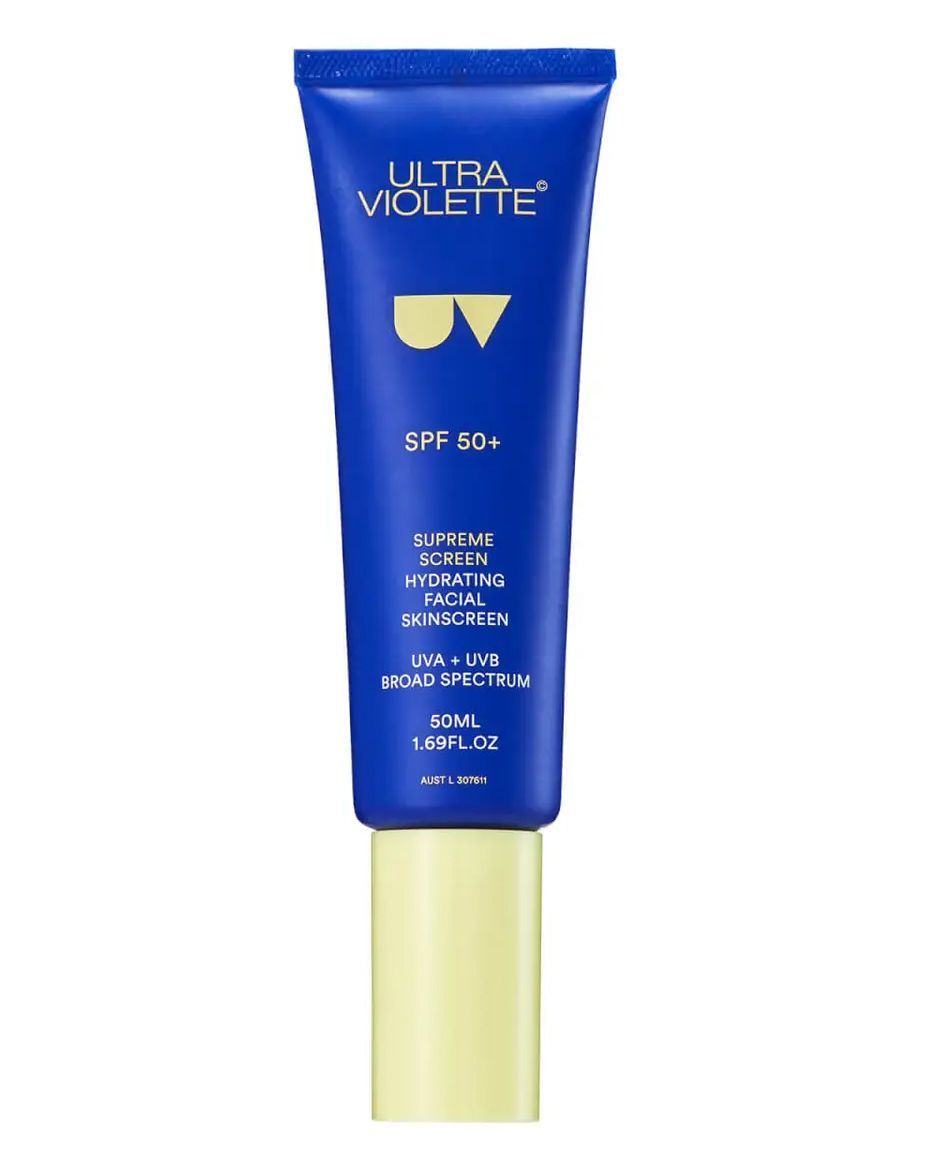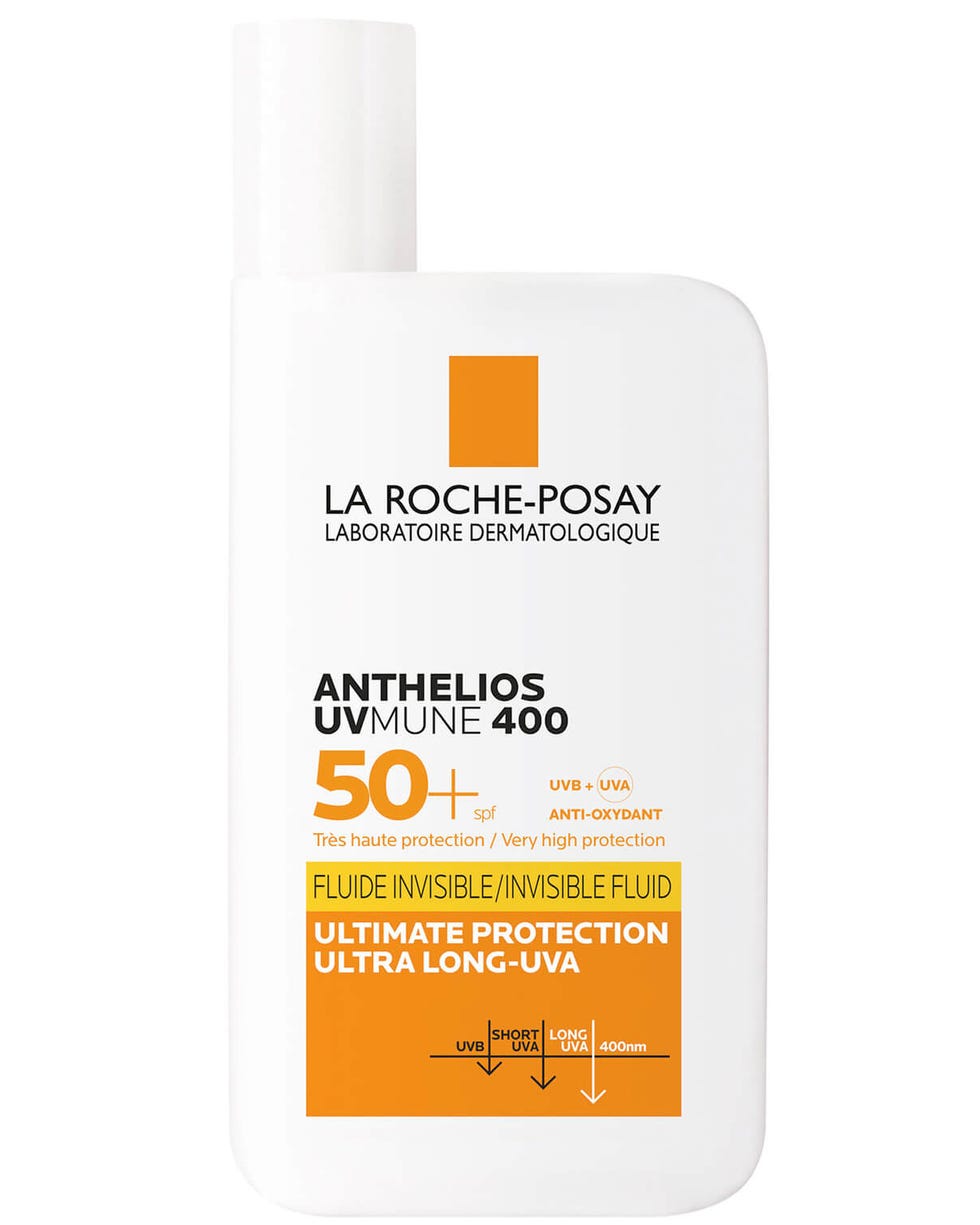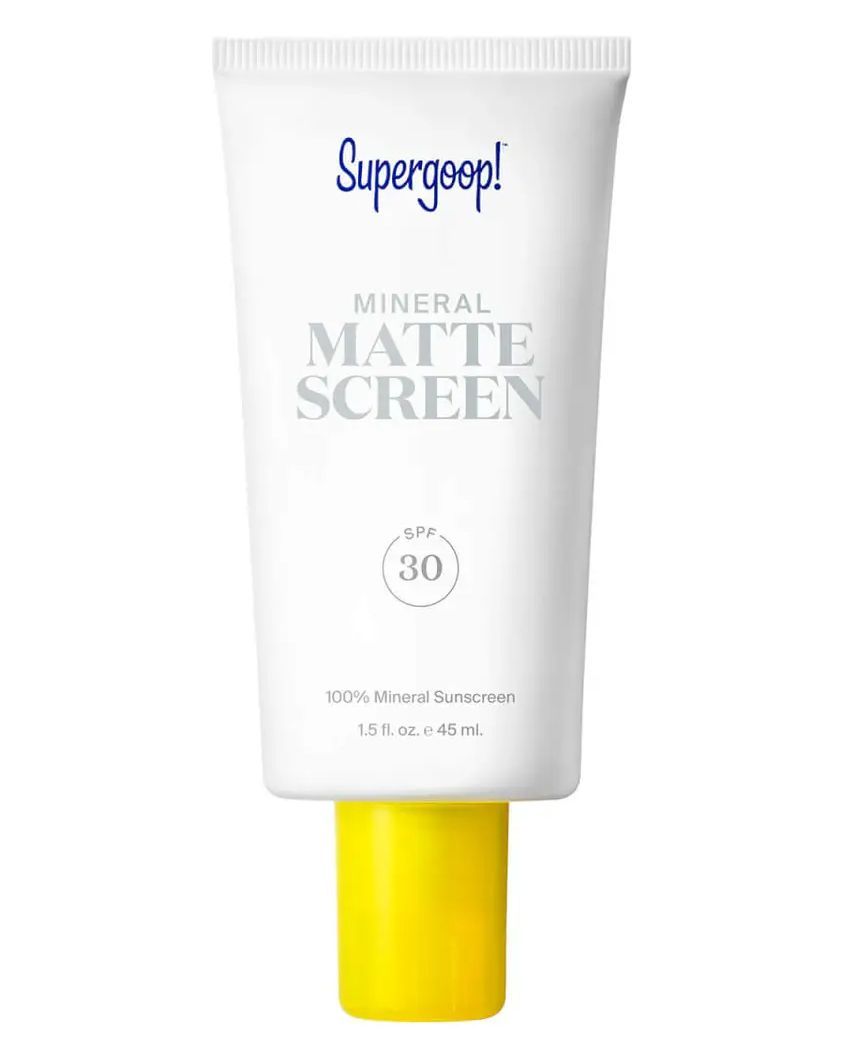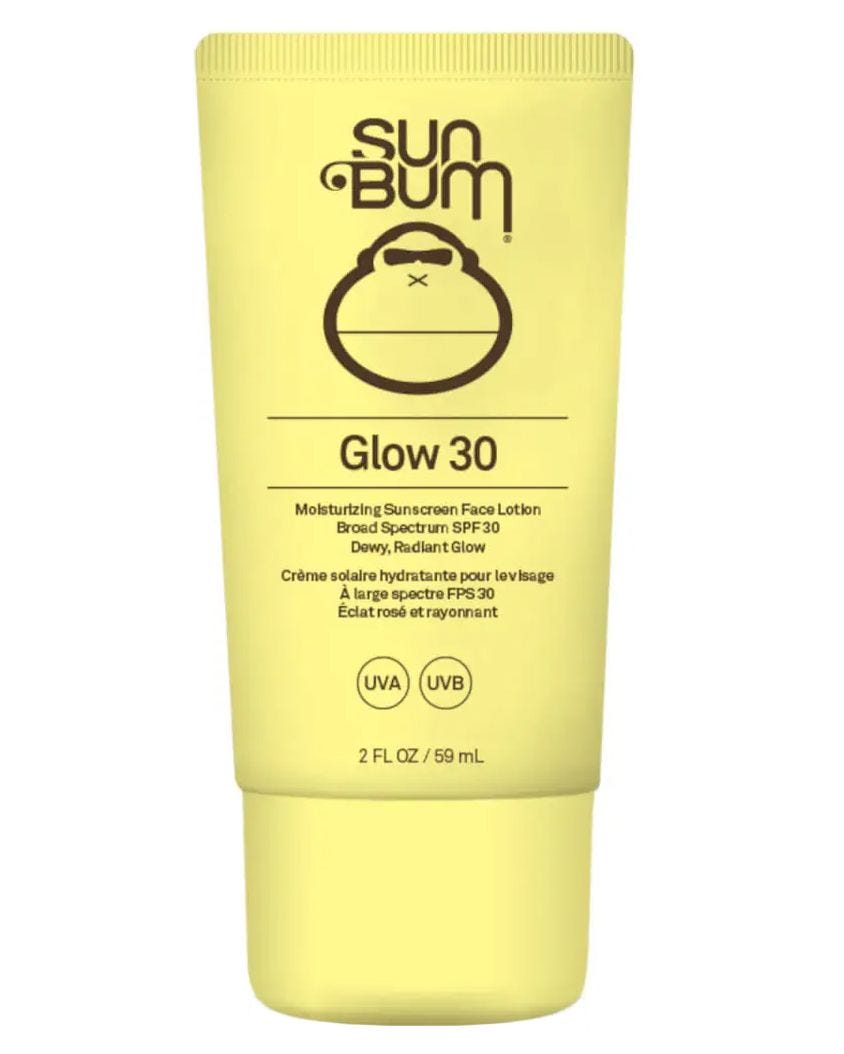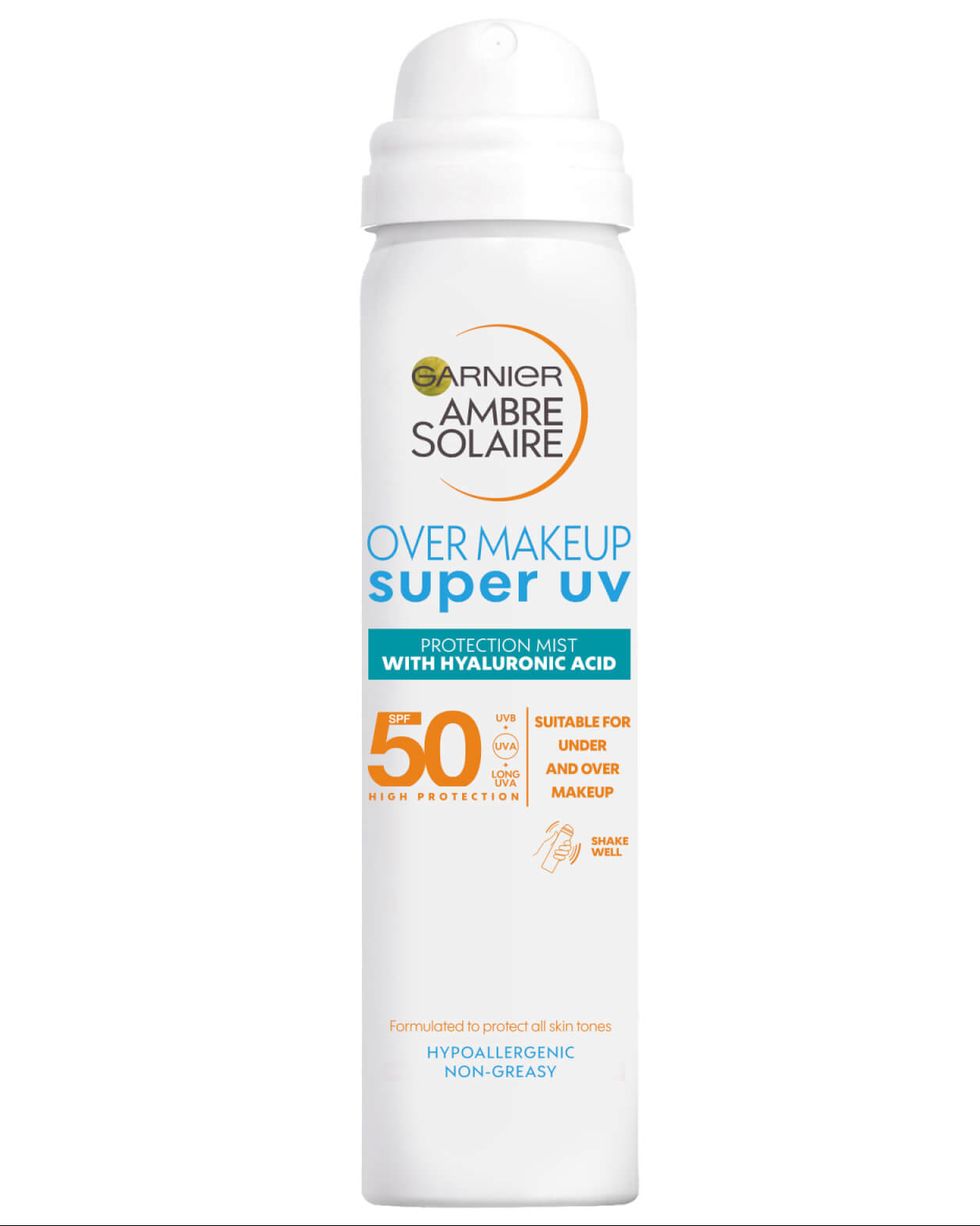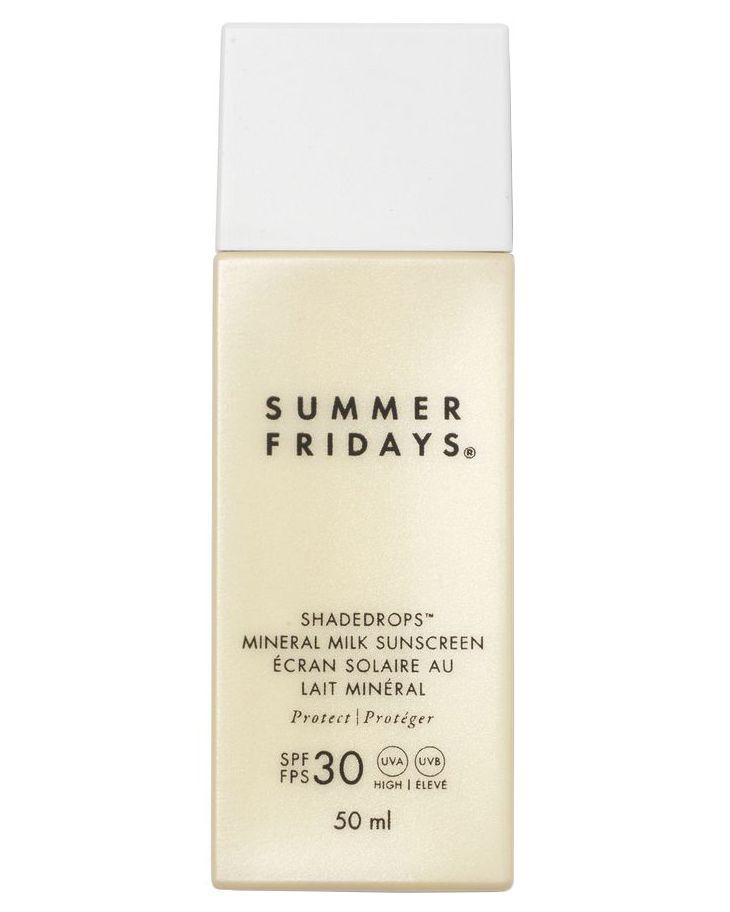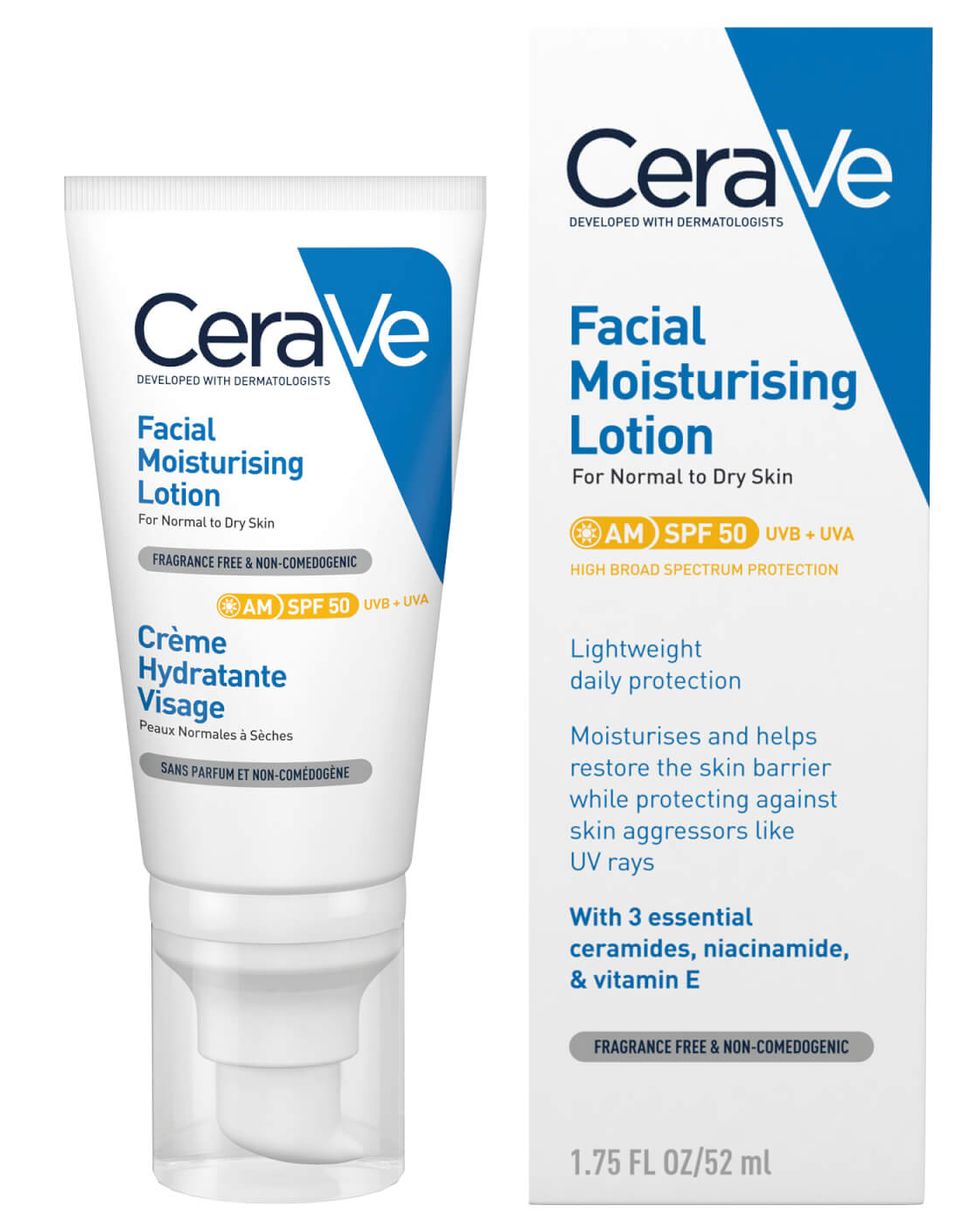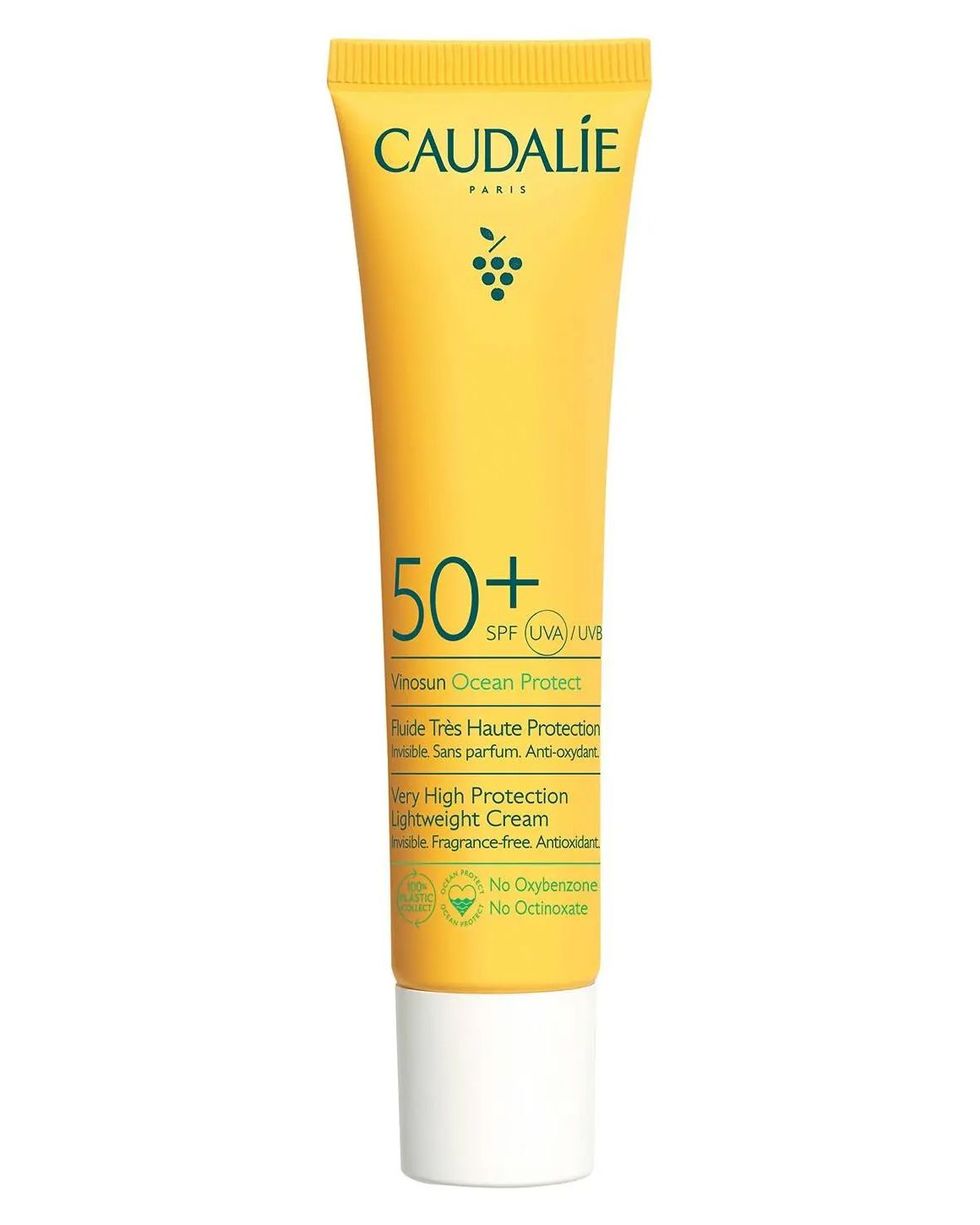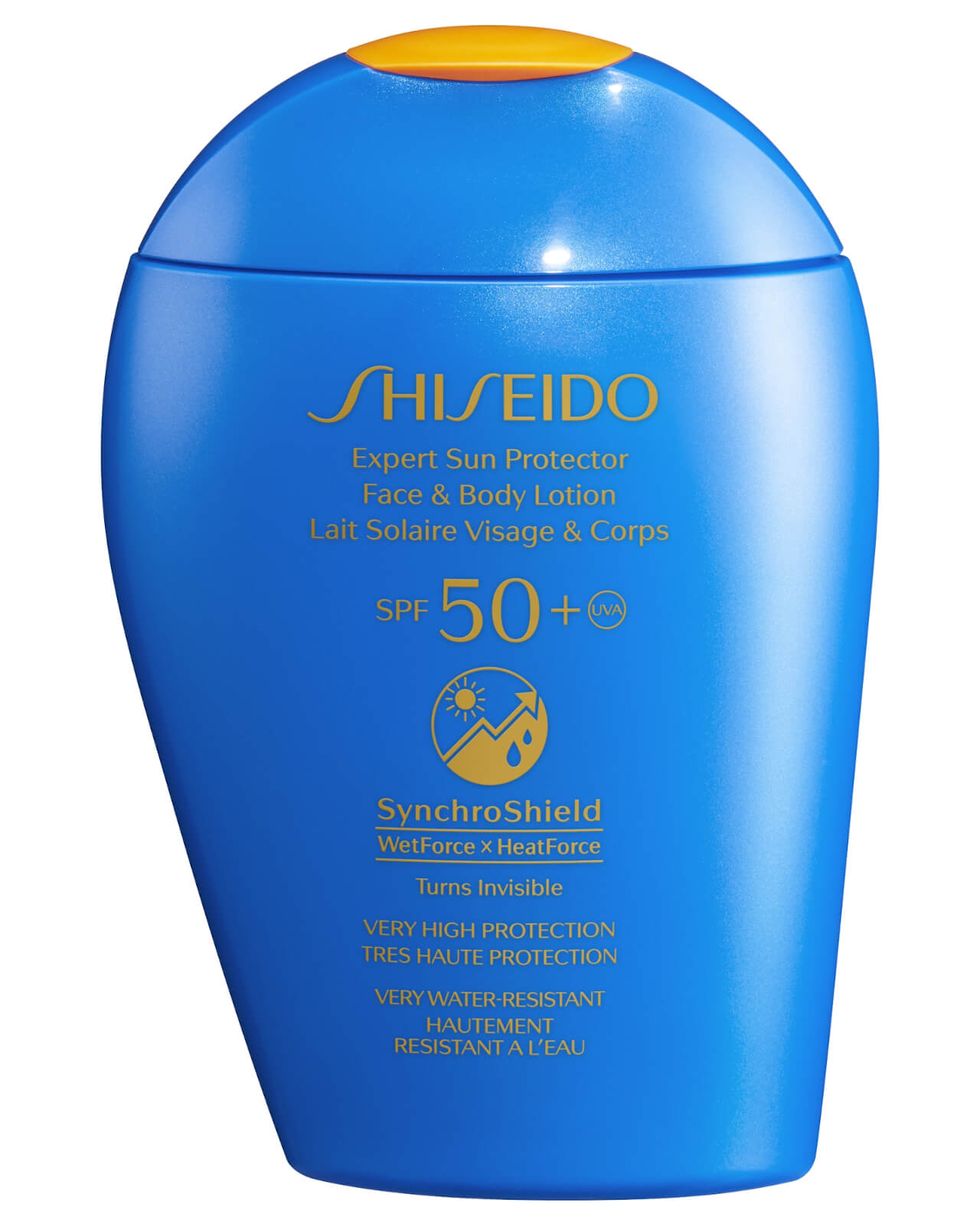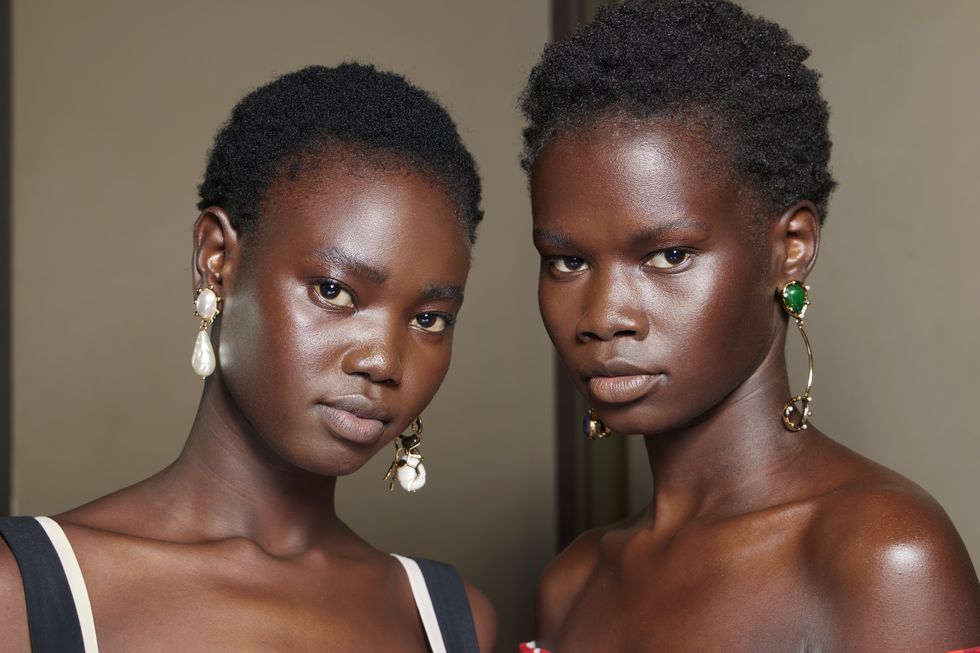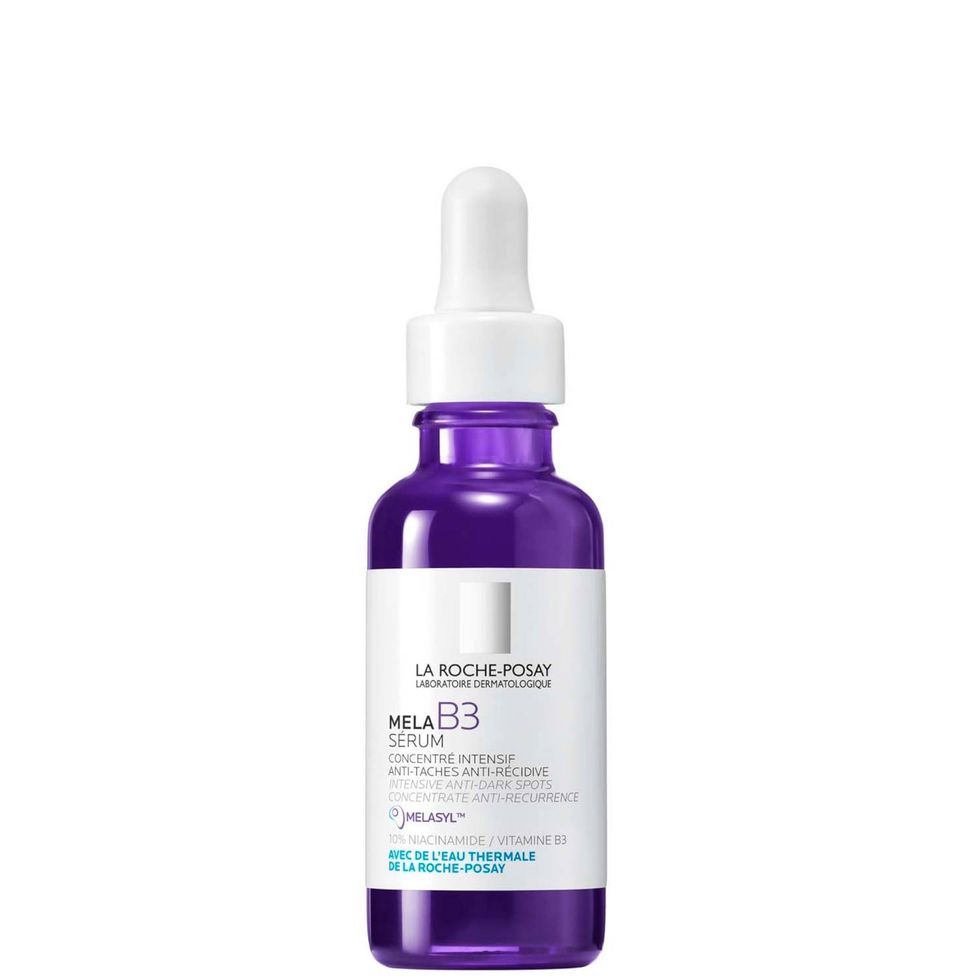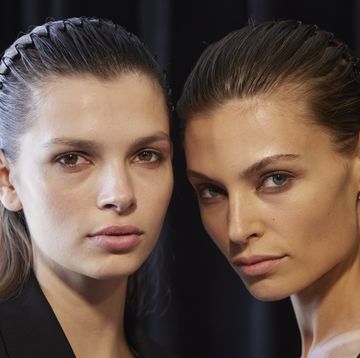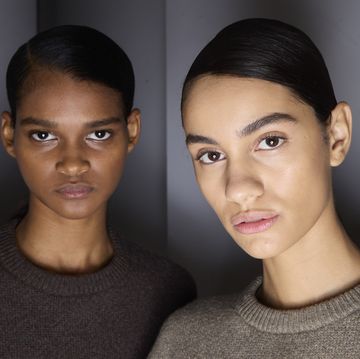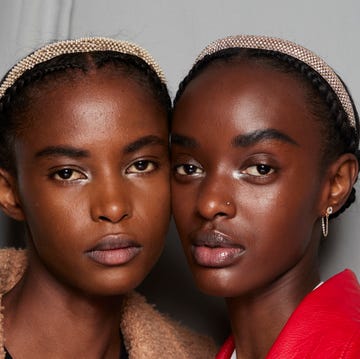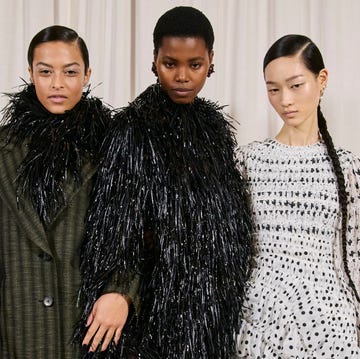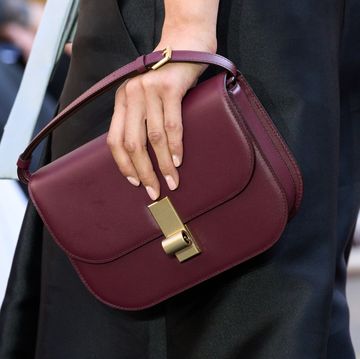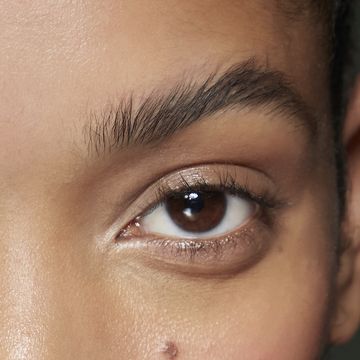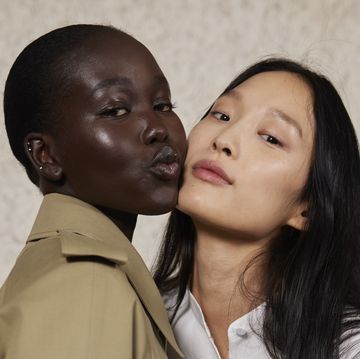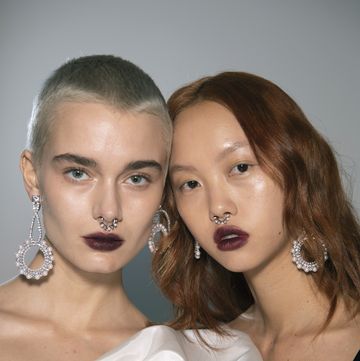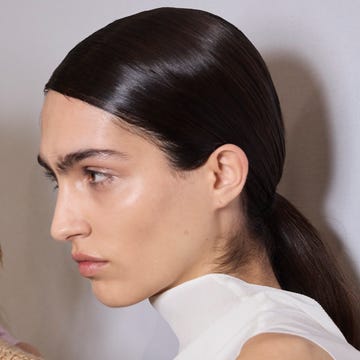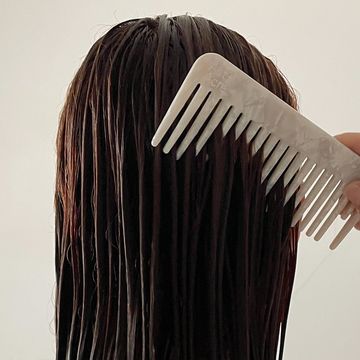Unlike the universal 'bugbears'– see: enlarged pores, an unwelcome spot and a perennially tired face – there are some skin concerns that are a lot harder to solve. They remain shrouded with mystery; they niggle, annoy and can worsen over time, taking a toll on our overall wellbeing. Hyperpigmentation, of course, falls into the latter camp.
A skin condition that affects half of us (one in two will experience symptoms at some stage in their life, according to new research carried out by La Roche-Posay), pigmentation has remained somewhat under the radar in the world of beauty. That it's linked to poor mental health and self-esteem is only the beginning. And for those suffering on a daily basis, finding the right treatment and skincare can feel like an impossible and fruitless task.
Here to demystify the causes, treatment and the best skincare for the job are psychodermatologist Dr Alia Ahmed and consultant dermatologist Dr Justine Hextall, who share how to best understand your symptoms, the misconceptions, and finding the right solution for your skin type.
What is hyperpigmentation?
'Pigmentation - or hyperpigmentation - is a generic term referring to areas where skin is darker than the surrounding skin,' explains Dr. Hextall. In other words – 'hyper' meaning more, and 'pigment' meaning colour. It's caused by an excess of melanin (the pigment that gives our skin its colour) and can be triggered by a number of factors, such as sun exposure, ageing and inflammation. 'One of the most common triggers of pigmentation is inflammation. It's very common to see an increase in pigmentation, for example, after a flare-up of acne or eczema,' agrees Dr. Hextall.
FIND OUT MORE ON ELLE COLLECTIVE
Like all skin conditions, symptoms look and feel different for everyone. Hyperpigmentation can appear as red or pink spots, brown, black and grey patches, and even raised bumps on the skin, and is usually categorised into three types: melasma, post-inflammatory pigmentation or sun damage pigmentation. 'It all depends on the skin type and the response to inflammation. Broadly speaking, deeper skin tones are more likely to pigment with inflammation, while lighter skin tones often develop post-inflammatory erythema (redness),' says Dr. Hextall.
What are the causes of hyperpigmentation?
UV exposure
'Exposure to UV damages our skin (particularly in areas of high sun exposure such as the face and hands) and can show up as clumps of pigmentation commonly called age spots. We often see loss of pigment as a result of sun damage too,' says Dr. Hextall. Other environmental aggressors like pollution can also cause increased skin pigmentation, too.
Inflammation
Inflammation, as mentioned, is one of the biggest causes of hyperpigmentation. 'When our skin becomes inflamed substances are released that influence the production of the pigment in skin called melanin. This is called post-inflammatory pigmentation,' shares Dr. Hextall.
Hormones
Both hormones and UV exposure can cause a specific type of pigmentation referred to as melasma. 'The pigment is usually facial, nearly always symmetrical and tends to affect the upper cheeks, forehead, upper lip, nose and chin. Less commonly it can affect other areas such as the neck and forearms,' says Dr. Hextall.
What's the best treatment for hyperpigmentation?
Treating hyperpigmentation will depend on the cause - or causes - of the hyperpigmentation in the first place as there are often several triggers to consider. For example, sun exposure may be causing your pigmentation as well as external aggressors such as pollution or even a specific stage in your life like perimenopause - a period when your hormones often fluctuate - which can cause melasma.
The first port of call should be protecting your skin, says Dr. Hextall. 'I recommend layering a vitamin C serum and a broad-spectrum high factor sun cream daily throughout the year.'
Though skincare and sun protection are paramount, they're not the only piece of the puzzle. What's also important to consider is the depth of the pigmentation in order to understand the best treatment and ingredients for the job, says Dr. Hextall. She recommends speaking to a dermatologist and considering topical treatments such as hydroquinone (which blocks the production of pigmentation) and retinoids, combined with vitamin C, kojic acid and azelaic acid to help with melasma.
And while it's easy to jump straight into the arms of a professional treatment (peels, mesotherapy and IPL are all popular hyperpigmentation treatments), Dr. Hextall cautions against this route. 'If the cause of pigmentation is inflammation (for example, eczema or acne) it's incredibly important to switch the inflammation off in the first place. I often see individuals who have spent a lot of money on in-clinic treatments for post acne pigmentation with ongoing active acne. It is vital that the source of the inflammation is tackled first, be that mild eczema or acne,' she says.
Does hyperpigmentation impact your self-esteem?
Though hyperpigmentation is fundamentally a skin condition impacting a person's appearance, there are psychological links at play too. Dr. Ahmed, a psychodermatologist, says it's one of the most common symptoms she sees in clinic. 'The people I see in my clinic often find hyperpigmentation very difficult to deal with and have often tried multiple avenues to resolve their skin issues,' she says.
'The reported issues include embarrassment, self-consciousness, social anxiety and loss of self-confidence. Clients want to discuss how they feel about comments made about their skin (and how to respond to them), how they disguise their skin signs, and what treatments are available,' she adds. It's one among a number of reasons why finding the right skincare routine and treatment are so important.
The best skincare routine for hyperpigmentation
Naturally, the skincare routine right for your hyperpigmentation will depend entirely on your skin type and concerns. 'Managing hyperpigmentation is multifactorial and includes sun protection, skincare with targeted actives, seasonal variation in skincare, and for some people, counselling on physical treatments (which might not be affordable and have potential side-effects),' says Dr. Ahmed.
As a general starting point, SPF, brightening ingredients (like vitamin C) and a targetted serum for skin barrier repair and hyperpigmentation are a good starting point. La-Roche Posay, for instance, has launched a new formula that tackles six concerns synonymous with hyperigmentation. 'It contains the patented Melasyl that targets earlier precursors in the pathway of melanin synthesis. This molecule is combined with other ingredients that suppress pigmentation, while supporting skin barrier function and reducing inflammation, meanwhile retinyl palmate helps encourage exfoliation and hyaluronic acid boosts hydration,' notes Dr. Hextall.
Always speak to a dermatologist, GP or skincare expert to help you understand the best skincare routine specifically for you. If an in-person clinic isn't feasible, there are now plenty of online services and skin scanning tools to help you understand the causes of your hyperpigmentation and the best ingredients list to treat it.
ELLE Collective is a new community of fashion, beauty and culture lovers. For access to exclusive content, events, inspiring advice from our Editors and industry experts, as well the opportunity to meet designers, thought-leaders and stylists, become a member today HERE.
